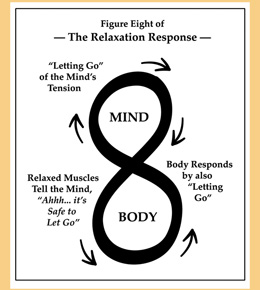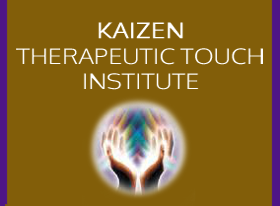 Stress is your experience of your body’s fight, flight or freeze response to stimuli whether internal or external. Your experience of pain – temperature, sound, aggression and your response to it – the story you tell yourself are two inter-related contributing factors that shape your experience. While there’s not too much you can do to control the external stressors, we can learn to manage our response. In so doing, we develop our coping skills and cultivate resilience.
Stress is your experience of your body’s fight, flight or freeze response to stimuli whether internal or external. Your experience of pain – temperature, sound, aggression and your response to it – the story you tell yourself are two inter-related contributing factors that shape your experience. While there’s not too much you can do to control the external stressors, we can learn to manage our response. In so doing, we develop our coping skills and cultivate resilience.
Know your Energy Traps
The Stressor is the stimulus that provokes in you a stress response. Stressors are external to you. The source of stressor can be job or workplace related, family, interpersonal or environmental. Identifying the stressor and determining whether it is within or outside of your control or influence is the first step to effective stress management.
Your Reaction to the Stressor is another source of stress. How you interpret and react to the stressor has a big impact on how your body’s responds physiologically to the situation and your experience of it both physically and mentally. For example, it is your perception of the nature and extent of threat that determines the body’s hormonal response.
Your Body’s Conditioned Response to the Stressor – Your habits of response affect or condition your body’s physiology over time. Unmanaged stress goes to the part of you that is most vulnerable, eventually showing up in your physical body as dis-ease.

An intelligent response to counteracting the stress response is to learn and cultivate the Relaxation Response. Cultivating the relaxation response as a conscious response to stressors and stressful situations is a Self-care practice.
Relaxation is what you are. Tension is what you think you should be. Chinese Proverb
It is simply not possible to be both relaxed and tense at the same time. Learning simple relaxation techniques whether for high performance, stress reduction and pain management is based on the concept of the mind-body connection – whatever helps the body relax also relaxes the mind and vice versa and enhances your overall capacity and resilience.
The relaxation response reduces the effects of stress on the body and mind, allows rebalancing and healing, improves general bodily functions and gives rise to an enhanced ability to focus and sense of wellbeing.
The relaxation response, first seen as a deep sigh, is known to:
- Slow the breathing pattern
- Slow the heart rate
- Decrease blood pressure
- Improve circulation
- Reduce anxiety and apprehension
- Reduce muscle spasms
- Reduce fevers
- Stimulate endorphins (a pleasure hormone produced by the pituitary gland)
- Slow the metabolism and improve digestion
- Facilitate the immune system’s defence
Breath is the bridge which connects life to consciousness, which unites your body to your thoughts. Thich Nhat Hanh
Life coaching can help you become aware of your conditioned responses to the stressors in your life at home and at work and help you create the necessary inner spaciousness (non-reactive) zone allowing you to consider your options before you respond and create new positive rituals that cultivate personal resilience and equanimity.






Hi dear Julia,
Yesterday, I was thinking of you and meant to write an e-mail just to reconnect. And here I got one of your wonderful e-mails. So interesting and important what you are writing about.
This is short as I am at the hospice but would love to chat sometime. I hope that everything is wonderful with you. It is with me. I am so blessed.
warm wishes,
Noel